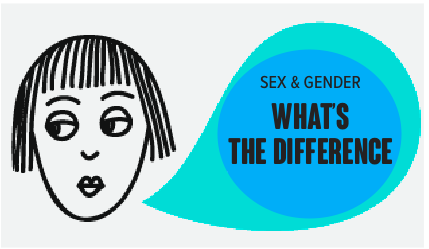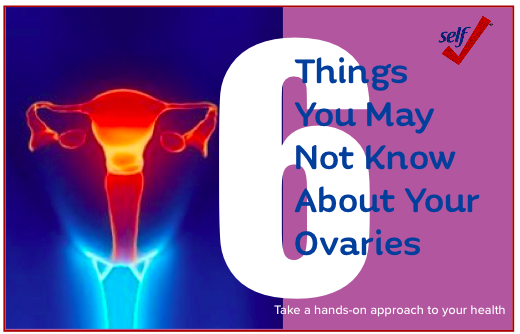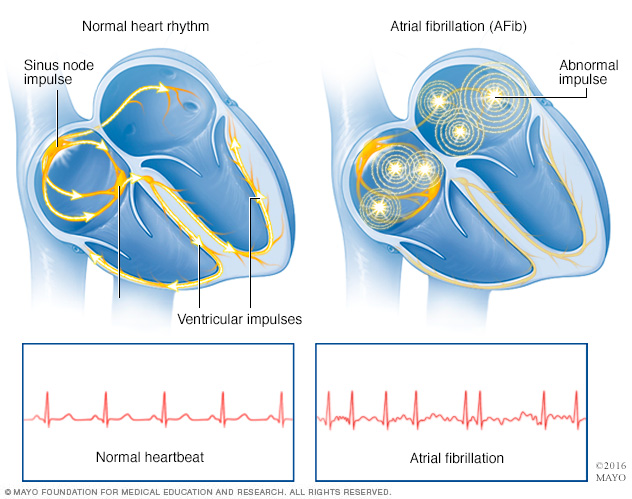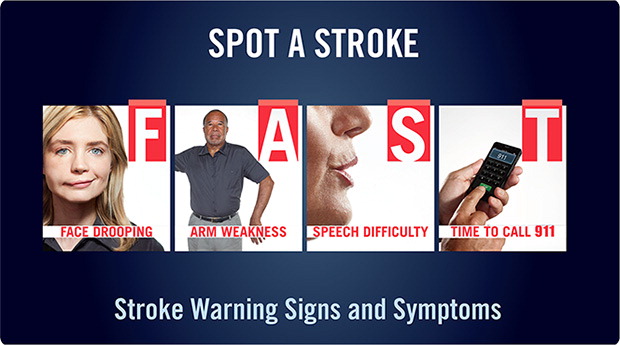How Does Sex & Gender Influence Your Health

Recent research has shown that gender/sex along with social factors has an impact not only on risk factors for some diseases, but how your body may react to certain medications and how often you see your doctor. It is for these reasons that scientists at the National Institutes of Health are paying closer attention to […]
Read more6 Things You May Not Know About Your Ovaries

Edited from an article by by Lucia Peters for bustle.com This article brings up some interesting facts about you ovaries, but the bottom line for us is the part about checking with your healthcare professional if something doesn’t feel right to you. Now to: About Your Ovaries They can be affected by stress They are […]
Read moreDo You Suffer Portion Distortion? Take The Quiz
Reproduced from the National Institute of Health “We Can” website You’ve probably noticed that food portions in restaurants and other places have grown in size and provide enough food for at least two people. Larger portion sizes can lead to bigger waistlines and weight gain. Take the following Portion Distortion Quiz to see if […]
Read moreIf You Live With Kids, You’re More Likely To Vape

Condensed from an article by Michael Nedelman for CNN The authors of a new paper published in the journal JAMA Pediatrics point out that adults living with children are more likely to vape than those without children, also putting kids at risk for what the new study describes as “the ‘new’ secondhand smoke.” 4.9% of […]
Read moreHeads Up! Don’t Use Sunscreens With This In It!

Condensed from an article by Sandee LaMotte for CNN A recent study by the US Food and Drug Administration reported that there are dangerous chemicals in many sunscreens that we can absorb into our bodies after just one day of use, and they can also cause serious harm the environment. The worst offender according […]
Read moreAtrial Fibrillation Explained

This page is unedited from the Mayo Clinic website. Overview Atrial fibrillation is an irregular and often rapid heart rate that can increase your risk of stroke, heart failure and other heart-related complications. During atrial fibrillation, the heart’s two upper chambers (the atria) beat chaotically and irregularly — out of coordination with the two […]
Read moreDoes Talcum Powder Cause Ovarian Cancer?
The legal and scientific debate continues… The National Cancer Institute website points to the 2014 study that doesn’t find a link and suggests that “the weight of evidence does not support an association between talc exposure and an increased risk of ovarian cancer,” although it also includes talc in a list of factors […]
Read moreTom Green Talks About Testicular Cancer – His

Sorry about the ads preceding this video Comedian Tom Green, at 28 years of age, was diagnosed with testicular cancer. He candidly talks here about the state of utter panic he felt when he learned he […]
Read moreIs There A Tooth/Heart Health Connection?

From The Mayo Clinic. Thomas J. Salinas, D.D.S. Many studies have shown a connection between gum disease (periodontitis) and other serious conditions, including heart disease. Research suggests that periodontitis is associated with an increased risk of developing heart disease and that people with chronic gum disease have increased thickness of their neck blood vessels. There […]
Read more1 in 3 AdultsHave Warning Signs Of A StrokeAnd Don’t Know It

Image: StrokeAssociation.org By American Heart Association News A third of U.S. adults have had […]
Read more

